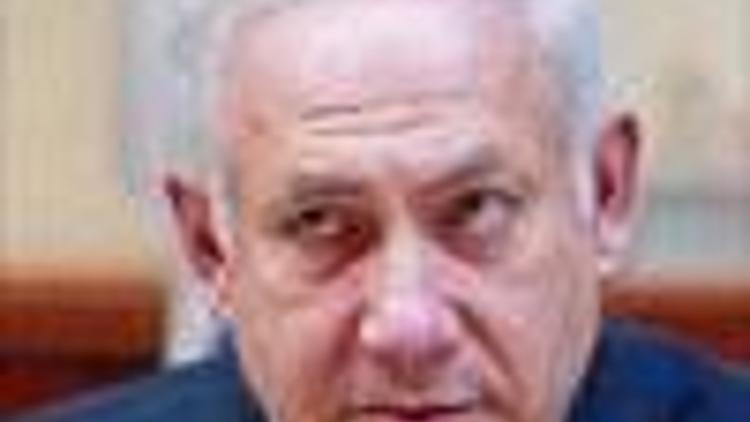Scant support for offer on Palestine statehood
Güncelleme Tarihi:

Daily News with wires
Oluşturulma Tarihi: Haziran 16, 2009 00:00
JERUSALEM - Israeli Prime Minister Benjamin Netanyahu's conditional acceptance of a Palestinian state came under fire on Monday, with the Arab world and Palestinians saying it killed chances of a peace deal.
The United States saw the address as an important step forward and the European Union as a step in the right direction. His Cabinet supported Netanyahu but some Israeli observers and leftist parties said it amounted to empty rhetoric.
After months of pressure from the United States, a main ally, Netanyahu broke with his right-wing Likud party's ideology on Sunday and endorsed the two-state solution, the cornerstone of international Middle East peacemaking efforts for years. But he set a slew of conditions: Palestinian recognition of Israel as a Jewish state; full demilitarization of the future state that will not control its air space or have the ability to forge military pacts; and "ironclad" security guarantees for Israel.
"Then we will be ready in a future peace agreement to reach a solution where a demilitarized Palestinian state exists alongside the Jewish state," he was quoted as saying by Agence France-Presse. But Palestinians blasted the address, saying the Israeli PMwas torpedoing all hopes of a peace deal. "He spoke of a demilitarized state, but he also stripped it of all sovereignty attributes, transforming it into a protectorate of isolated cantons," said Yasser Abed Rabbo, an aide to Palestinian President Mahmoud Abbas.
Egyptian President Hosni Mubarak said Netanyahu's demand that Palestinians recognize Israel as a Jewish state in a final deal Ğ something they have long refused to do Ğ "scuppers the possibility for peace."
Netanyahu’s speech even divided political parties and observers in Israel. The Ynet news Web site said the speech amounted to "the same old babble," while Ayoob Kara, an MP with Netanyahu's Likud, termed it "a painkiller to stop international pressure."
But some hard-liners in the prime minister’s coalition government appeared buoyed by the nationalistic tone of his speech and tough conditions he attached after caving to U.S. pressure to endorse a Palestinian state, reported The Associated Press. FMAvigdor Lieberman said the prime minister's speech outlined "the balance between our aspirations for peace and the aspiration for security."
Eli Yishai, head of the Shas party, said Netanyahu "stressed his commitment to plausible peace and security."
After months of pressure from the United States, a main ally, Netanyahu broke with his right-wing Likud party's ideology on Sunday and endorsed the two-state solution, the cornerstone of international Middle East peacemaking efforts for years. But he set a slew of conditions: Palestinian recognition of Israel as a Jewish state; full demilitarization of the future state that will not control its air space or have the ability to forge military pacts; and "ironclad" security guarantees for Israel.
"Then we will be ready in a future peace agreement to reach a solution where a demilitarized Palestinian state exists alongside the Jewish state," he was quoted as saying by Agence France-Presse. But Palestinians blasted the address, saying the Israeli PMwas torpedoing all hopes of a peace deal. "He spoke of a demilitarized state, but he also stripped it of all sovereignty attributes, transforming it into a protectorate of isolated cantons," said Yasser Abed Rabbo, an aide to Palestinian President Mahmoud Abbas.
Egyptian President Hosni Mubarak said Netanyahu's demand that Palestinians recognize Israel as a Jewish state in a final deal Ğ something they have long refused to do Ğ "scuppers the possibility for peace."
Netanyahu’s speech even divided political parties and observers in Israel. The Ynet news Web site said the speech amounted to "the same old babble," while Ayoob Kara, an MP with Netanyahu's Likud, termed it "a painkiller to stop international pressure."
But some hard-liners in the prime minister’s coalition government appeared buoyed by the nationalistic tone of his speech and tough conditions he attached after caving to U.S. pressure to endorse a Palestinian state, reported The Associated Press. FMAvigdor Lieberman said the prime minister's speech outlined "the balance between our aspirations for peace and the aspiration for security."
Eli Yishai, head of the Shas party, said Netanyahu "stressed his commitment to plausible peace and security."

